Finding the best restaurant in the world in 2019
The Week wine editor Bruce Palling on how the rise of Opinionated About Dining has shaken up the restaurant scene
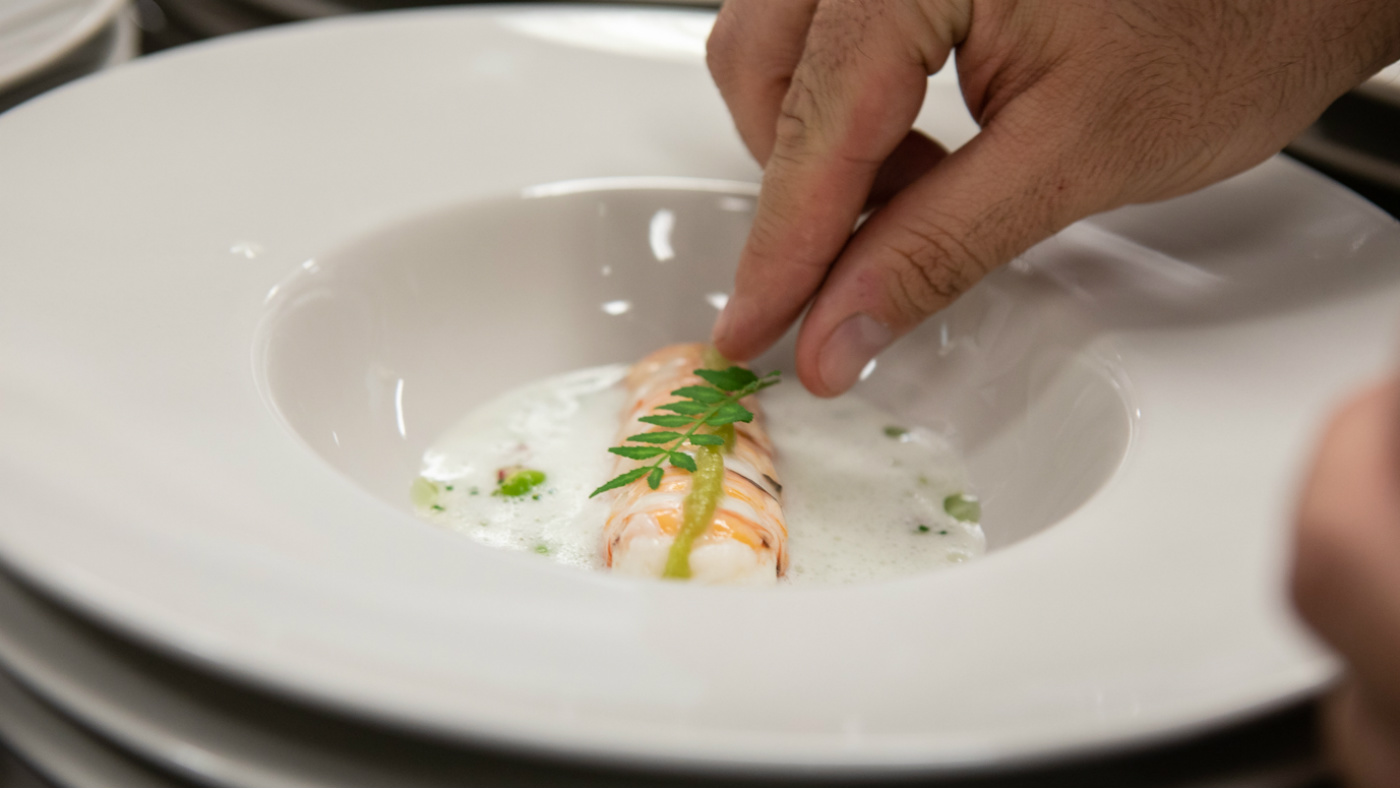
A free daily email with the biggest news stories of the day – and the best features from TheWeek.com
You are now subscribed
Your newsletter sign-up was successful
How do some chefs become household names, not just in their country of origin but around the globe? Until the current decade, the surest path was through TV fame. Top ratings in guidebooks such as Michelin and Zagat or articles in print media certainly helped, but didn’t really propel chefs to celebrity status the same way as a cooking show.
However, recent years have seen the emergence of social media, especially Instagram, transform the way chefs and restaurants become international names. The sizeable influence of the Worlds 50 Best Restaurant Awards, which began in 2002, has continued the evolution in how great food reaches the dining public.
A couple of rivals to the Worlds 50 Best have since emerged, such as La Liste, and the World Restaurant Awards, which includes offbeat categories such as best Tweezer-Free Kitchen or Tattoo-Free Chef. As an example of their impact, who can name the most recent winners of these awards? * (answer at the end of the article).
The Week
Escape your echo chamber. Get the facts behind the news, plus analysis from multiple perspectives.

Sign up for The Week's Free Newsletters
From our morning news briefing to a weekly Good News Newsletter, get the best of The Week delivered directly to your inbox.
From our morning news briefing to a weekly Good News Newsletter, get the best of The Week delivered directly to your inbox.
Toiling away for the past decade and covering the same ground as his more corporate rivals, is Steve Plotnicki, a maverick with his Opinionated About Dining website. Steve made a fortune as co-founder of New York hip-hop label Profile Records, and became passionate about food after he visting Cannes on music business in the Nineties.
After selling the record label, he decided to shake up the world of restaurant awards. “I was unhappy about the way other guys approached it - Michelin was too slow, Worlds 50 Best was too short, La Liste is just a straight out PR job for French cuisine, Zagat was too populist and newspapers were too consumer oriented,” he explains.
“The other problem with newspapers is that they are always trying to talk about food in terms of value for money – have you ever heard people talk about architecture as value for money? So I thought let me try to create a ranking system that solves these problems.”
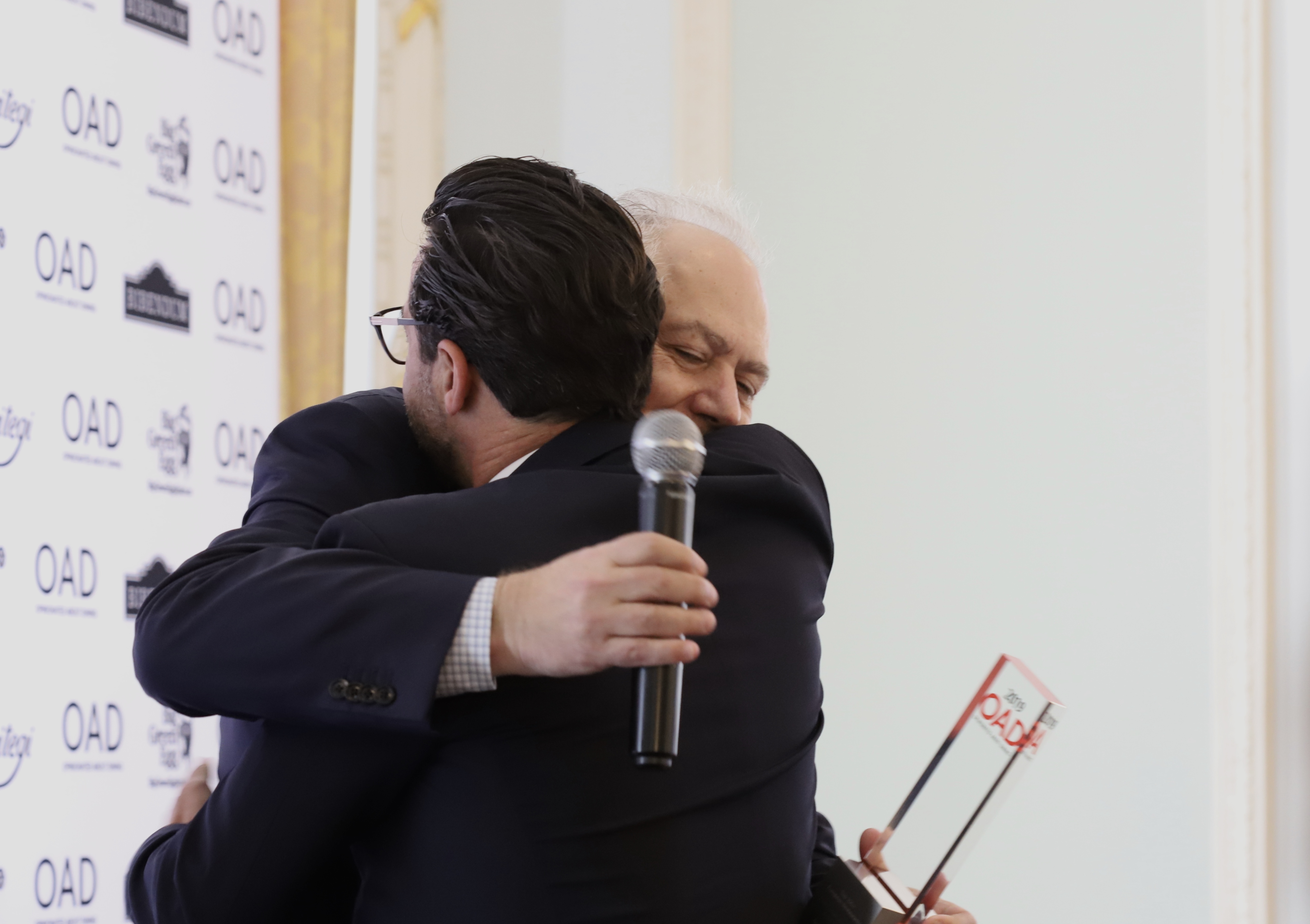
Stories about his behaviour are legion, ranging from shouting matches to hurling bread rolls at one chef who refused to serve him when he turned up after closing time. Still, he seems to have weathered those storms and developed his website in positive ways.
A free daily email with the biggest news stories of the day – and the best features from TheWeek.com
There are now at least 10 lists, each with 100 or more restaurants on them, ranging from Top European Gourmet Casual, Japanese, to North American Cheap Eats. The positions on the lists are decided by more than 6000 registered voters, although a core group of 400 are the most active. Members are mainly drawn from the restaurant industry and the world of food journalism, as well as a number of amateur gourmets.
Rankings are decided by a complicated algorithm giving extra points to more experienced diners than novices, which causes some critics to believe the list is too subjective. “Over time as I kept tweaking the algorithm, I realised that what I am really capturing is the motion of the community that is going to do this – going to Elkano, Etxebarri, Noma last year but not this year - so once I figured out a way to capture their motion, it started to fall into place,” says Plotnicki.
Regardless of how the restaurants have arrived on these lists, they seem to me a reasonably accurate assessment of the current state of play across the international food scene. It is also far more useful, as even the most dedicated foodie doesn’t want to eat at haute cuisine establishments on a daily basis.
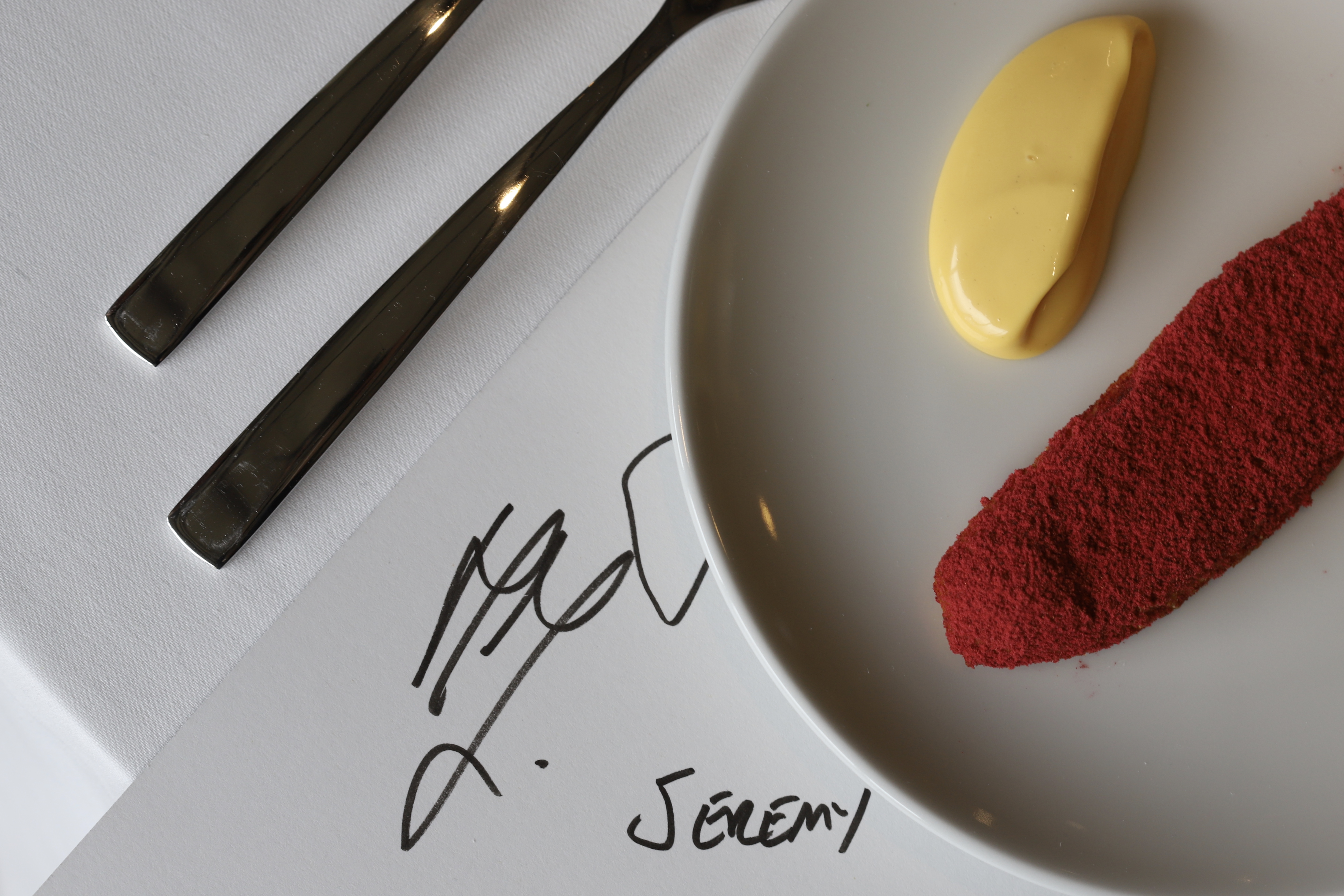
To celebrate his annual awards, Steve recently held two dinners in the capital of Spanish Basque cuisine, San Sebastian. The first one was in the newly created Basque Culinary Centre, where a dozen chefs new to the European list each offered one of their signature dishes.
There were nearly 100 paying guests for the first event, a six-hour marathon of cuisine which stretched into the early hours of the morning - but fortunately, despite the enormous amount of planning required, it all fell into place.
The standout signature dish of the night came from Ikoyi, the new Michelin starred Nigerian restaurant in London – fried plantain strips dipped in a smoked chilli-infused raspberry sauce. Another great dish was a sea urchin from the Faroe Islands, as well as asparagus wrapped in seaweed from Iluka in Copenhagen. The langoustine tail from L.A. Jordan in Germany surrounded by a tom kha sauce, wasabi and peas also gained some serious admirers. The important thing was that you felt this was truly a broad selection of what young European chefs were actually cooking right now, and the skill in execution meant you could truly appreciate their talent.
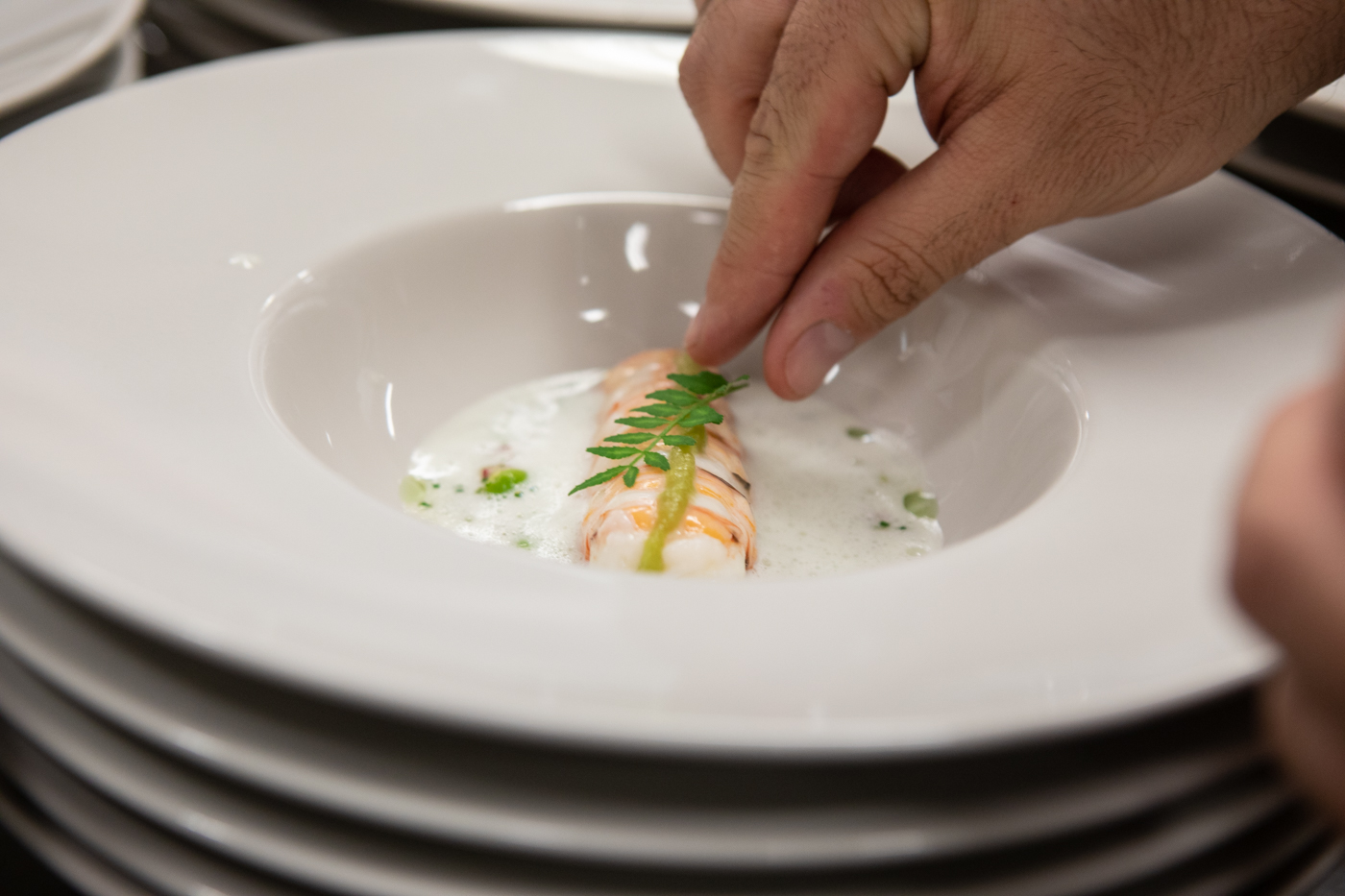
The next night was an even more spectacular event, which kicked off with local fishermen breaking down a 180-kilogram bluefin tuna on the terrace of the Marie Cristina, San Sebastian’s most glamorous hotel. Then, more than 200 diners gathered in the ballroom to experience a Night of the Grills, celebrating the meaty bedrock of Basque cuisine.
Fifteen of Spain’s leading chefs competed with each other to show their stuff - and they took it as seriously as you would expect. Elkano, the most famous Basque establishment for grilled turbot, brought 20 or more fresh examples along with their own grills to cook them on.
The most acclaimed dishes were dozens of fried lobsters from D’Berto, one of northern Spain’s greatest fish restaurants, plus a barbequed kingfish surrounded by lagrima, the delicate baby peas that are only in season for a few weeks in the Spring. There were also raw prawn dishes and memorable chuleta, the Spanish name for rib of beef, finishing in style with a profoundly rich cheesecake from Quique Dacosta, the three star Michelin chef from south of Valencia.
The dinner lasted nearly seven hours but certainly fulfilled the brief of showing how profound yet simple traditional Spanish cuisine can be.
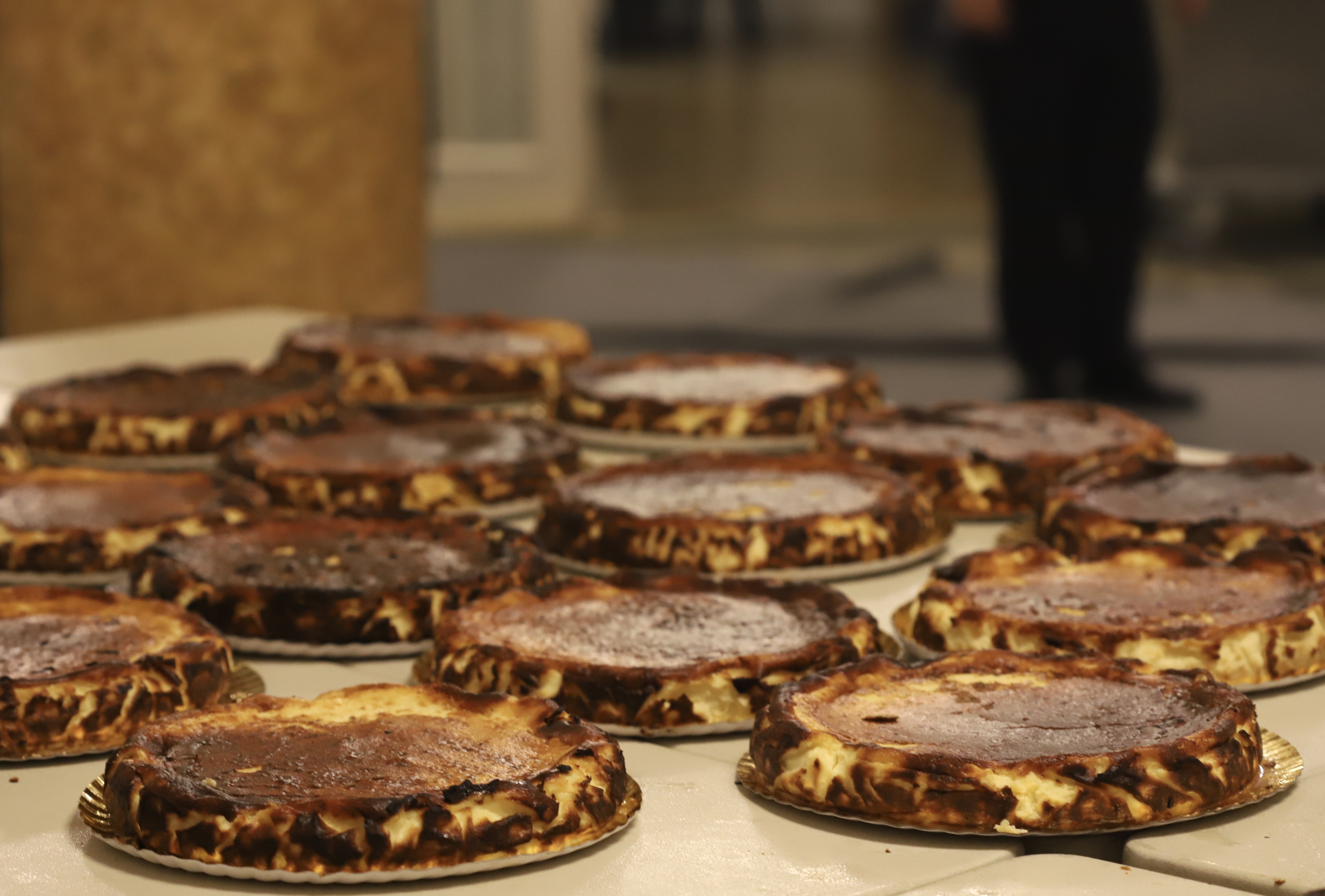
One thing that many people in the food world wonder is how these events actually pay for themselves, a question Steve shrugs off. “OAD doesn’t make any money, but it’s just me and a couple of computer people and a graphic designer, so it’s not that expensive.”
And how does he expect to actually make a living out of OAD? “I am trying to move into the itinerary space. I want to be able to say ‘OK, you are driving from San Sebastian to Madrid via Bilbao, here’s every place you should try and go to’. I want professional couples who were too late to book at Etxebarri so they need advice abut what the alternatives are... it will have the top places but if they are fully booked, I want to set up an app, which you click and see what the options are. My idea is to actually own a table at a place like Etxebarri and put people in their every day – its not that difficult.”
And as for the wider future of the food scene? “I’m bored - I’ll tell you why… I don’t think we are in a particularly innovative phase right now, so I get pleasure out of finding smaller restaurants who have adopted what would call the Noma Gestalt or viewpoint – that is what I really enjoy.
“There is a place called Sosein just outside of Nuremberg, where the chef grows his own vegetables and knows all of his producers by name. And then there is a teeny place called Meliefste in the south of Holland, where there is a farmer who raises cows for the chef or Ernst in Berlin, with only 12 covers and an entirely seasonal menu cooked by a 25 year-old Canadian. Chefs working out how to cook local produce that is unique to its location – that’s a trend – and I enjoy that.”
*Guy Savoy, a famous Three Star Michelin Restaurant in Paris for La Liste and Wolfgat, an obscure fishing village restaurant in South Africa in the World Restaurant Awards plus Frantzén for Opinionated About Dining and Osteria Francescana for the Worlds 50 Best.